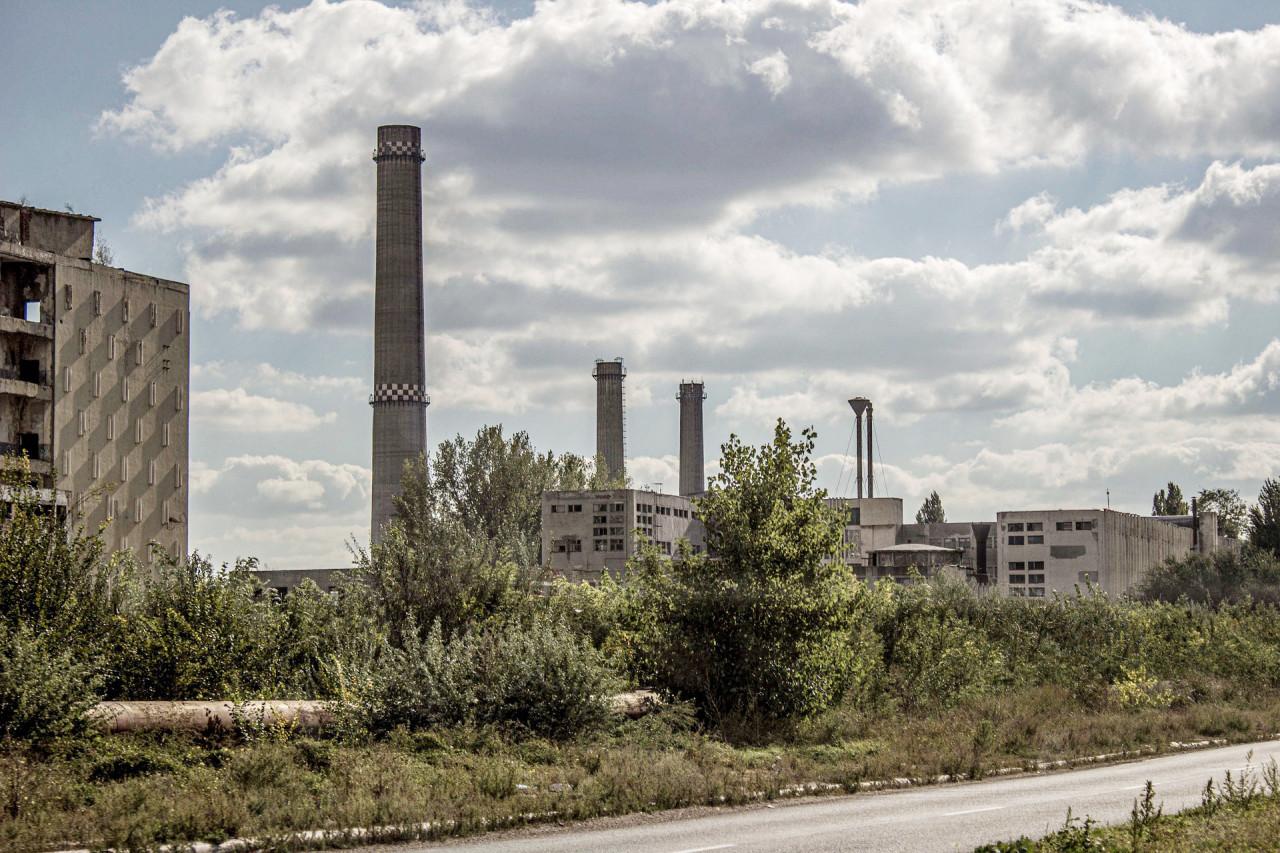2025-07-22
logistics

Brownfield developments made up 52 percent of Germany’s new logistics construction volume in the first half of 2025, surpassing greenfield projects for the first time. According to data from logistics real estate consultancy Logivest, this shift represents a ten-percentage-point increase compared to the previous year and reflects a growing reliance on industrial land revitalisation amid constrained land availability. The total volume of new logistics space built in the first six months reached approximately 1.7 million square metres. Of this, over half was constructed on previously used industrial land. In contrast, around 60 percent of logistics developments in 2024 were built on greenfield sites. The trend reversal is attributed to increasingly limited greenfield allocations and Germany’s national target to reduce daily land consumption to under 30 hectares by 2030. Several major developments exemplify the shift. The largest project in the country during the reporting period, the MLP Business Park Schalke, spans nearly 72,000 square metres and is being built on the site of a former Thyssen wire plant in Gelsenkirchen. Another significant project – a 63,000-square-metre facility by Dietz AG for the winkler group – is also located on a brownfield site in Langenau, near Ulm. While brownfield projects remain limited in regions such as Swabia, they now account for around 90 percent of logistics developments in the Ruhr area. This reflects how the logistics sector has adapted to regional structural changes by redeveloping former industrial zones. In addition to land-use efficiency, the current wave of brownfield projects places increased emphasis on environmental sustainability. Many of the leading developments include photovoltaic roof systems, landscaped outdoor areas, and energy-efficient building concepts, contributing to broader environmental and climate goals.

